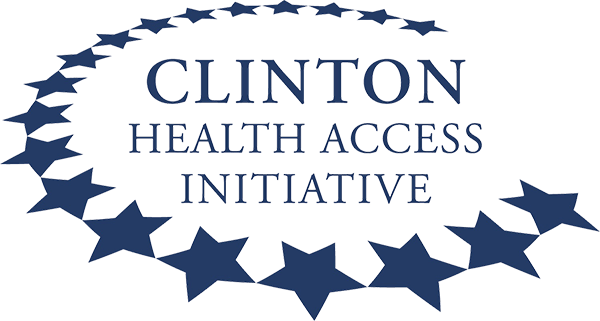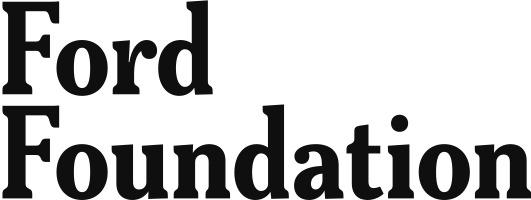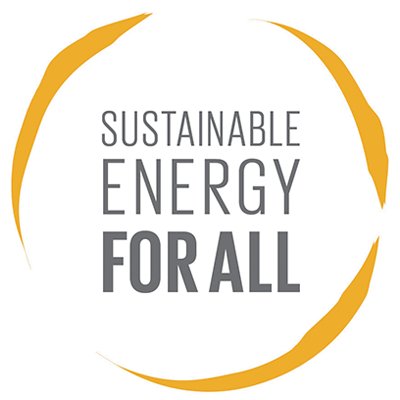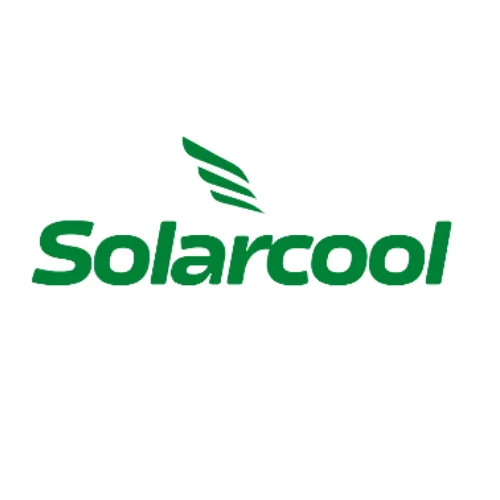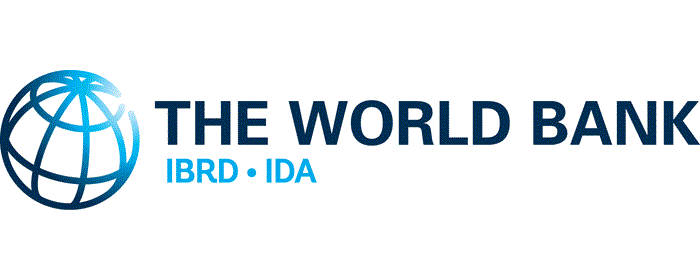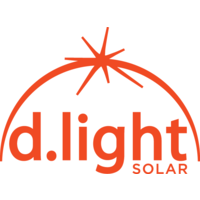6 February 2025: This week marked the official inauguration of the BGFA co-funded solar mini-grids in the communities of Totoquelleh and Farwhenta in Gbarpolu, northern Liberia. Customers, mini-grid workers and staff from Energicity, government representatives and representatives from the Swedish embassy in Monrovia gathered at the sites to celebrate. Construction of the company’s first sites in Liberia, and the first completely new mini-grid sites commissioned in Sub-Saharan Africa with BGFA support, began in 2023. The two completed sites each have a total capacity of 26.88 kWp and distribute electricity to customers through ABC overhead line networks that can be easily expanded to meet growing community demand.
“Commissioning our first two mini-grids in Liberia in partnership with BGFA and the Liberian government marks a significant milestone in our mission to bring clean, reliable and affordable energy to off-grid communities. The BGFA project demonstrates the power of innovative financing, technology and community-led development in bridging the energy gap and contributing to reducing energy poverty in Sub-Saharan Africa. We look forward to continuing our work in Liberia and beyond, empowering communities to thrive and grow with access to productive sustainable energy,” says Nicole Poindexter, CEO and founder at Energicity.
BGFA is financing three further energy service providers in Liberia providing standalone solar home systems and solar battery rental services in remote communities. The aim is for all four portfolio companies to establish over 95,000 energy connections over the next few years. If all projects are implemented as planned in the challenging business environment, the companies could provide electricity to almost half a million people in Liberia.
“Sweden is happy to be part of this journey to bring electricity to rural Liberia, a vital step towards development that strengthens local businesses, enhances essential services and empowers communities for a brighter future,” comments Karl Backéus, Sweden’s Ambassador to Liberia.
Energicity’s mission is to provide affordable, reliable and scalable electricity solutions to rural communities in Benin, Liberia and Sierra Leone. An agreement with BGFA to develop business operations in Liberia was signed in May 2022 to support the company to develop and operate mini-grids to serve low-income customers in remote areas across the country. The aim is to develop up to 30 solar-based mini-grids in Liberia, relying on local materials and workers for the construction. Once in operation, the mini-grids will provide over 4,400 residential, commercial and institutional energy service connections.
“It is fantastic to see that Energicity has come so far in Liberia with the support of BGFA funding and is now delivering electricity. Access to mini-grids will improve everyday life tremendously for the people living in these rural farming communities,” says Aleksandra Reskalenko, Programme Officer at Nefco.
BGFA is currently conducting a study to evaluate the effectiveness of results-based financing mechanisms in supporting mini-grid investments across Africa in collaboration with The Future of Energy (TFE), an African consultancy firm working with renewable energy and sustainable infrastructure developments in the global south.
“We see that the results of this study will greatly support BGFA and inform other results-based financing programmes on how they can improve their support for mini-grid developers in Sub-Saharan Africa to overcome challenges associated with implementing projects,” comments Kari Hämekoski, Senior Programme Manager at Nefco.
In total, the Beyond the Grid Fund for Africa has contracted 30 companies in Sub-Saharan Africa, across Burkina Faso, DRC, Liberia, Uganda and Zambia since 2021. Once implemented, the current programme portfolio will have the potential to reach over 8.7 million people across these six countries. The BGFA funding window in Liberia is funded by Sweden.
###
About Energicity: Since 2015, Energicity has been dedicated to electrifying rural communities in West Africa. Energicity builds and operates solar-powered mini-grids for off-grid communities with more than 100 households, targeting customers using up to 1,000 Wh/day, in Benin, Liberia and Sierra Leone. By prioritising customer needs and satisfaction, implementing cutting-edge solar technology and harnessing innovative financing, Energicity paves the way for long-term growth and prosperity in the regions it serves. Energicity so far supports more than 45 communities in these three countries, and it aims to reach 100,000 customers by 2025. For more information, visit www.energicitycorp.com.






